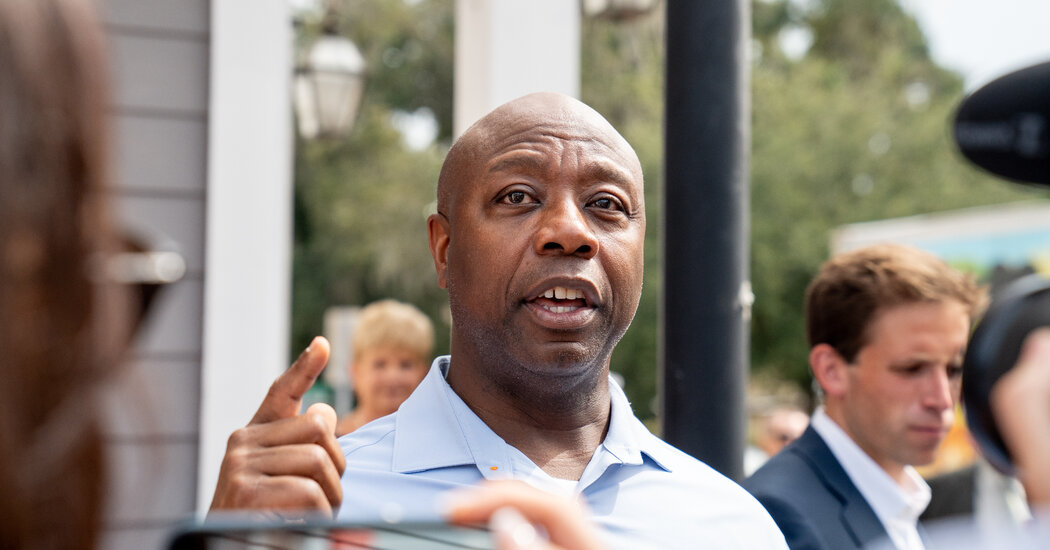Highlights: On a balmy, overcast October afternoon in South Carolina, Tim Scott, the state’s junior senator and current Republican presidential hopeful, worked his way from the back of the Corner Perk Brunch Cafe to a makeshift stage at the front of the crowded room. He stopped to hug and greet adoring supporters in his path. Mr. Scott, who grew up idolizing professional wrestlers, looked the part of the fan favorite on his way to the ring.
“I am a huge fan of America,” Mr. Scott, 58, the Senate’s only Black Republican, said. “We are the greatest country on God’s green earth.”
He delivered this message to an almost entirely older, white group. But there was a time when Mr. Scott represented the possibility that Republicans could draw a more diverse crowd.
Early in his political career, Mr. Scott stirred excitement among South Carolina’s Republican establishment, which anointed him a rising star who could help broaden the party’s appeal to Black voters. As an at-large member of the Charleston County Council, he set out to test the theory in 1996 by challenging a sitting state senator, a Democrat, in a majority Black district.
But Mr. Scott lost that campaign by 30 percentage points — a “trouncing,” Charleston’s Post and Courier called it.
Mr. Scott often speaks about race and America on the campaign trail, but he has honed a message of opportunity and resilience, while downplaying the role racism plays in impeding Black progress.
That is a message that largely appeals to white voters and is “just so foreign and alien to most Black people,” according to Dr. W. Marvin Dulaney, the former head of the College of Charleston’s African American history center.
Last month, he took his message to Chicago’s South Side, where he spoke to a mostly Black gathering led by a prominent Republican pastor. Mr. Scott called liberal politicians “drug dealers of despair.” One questioner, a man released from prison in 2020 who has since struggled to gain employment and housing, asked Mr. Scott how he would help former convicts find work. Mr. Scott expressed sympathy, described social welfare policies as “colossal, crippling, continual failures,” and told the audience to “get better and not bitter.”


